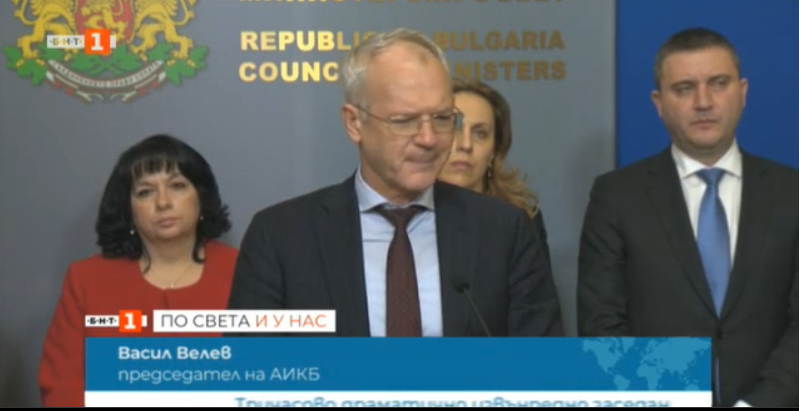After the Tripartite Council meeting: fuel law postponed for six months
A dramatic three-hour ad-hoc meeting of the National Tripartite Cooperation Council (NCTC) was held on 8th of January to discuss the sharp rise in the price of electricity for the industry. It was attended by almost half of the cabinet ministers...

A dramatic three-hour ad-hoc meeting of the National Tripartite Cooperation Council (NCTC) was held on 8th of January to discuss the sharp rise in the price of electricity for the industry. It was attended by almost half of the cabinet ministers; trade unions and employers. At the request of the business community, the controversial fuel law was also discussed, because of which the small traders of petrol, diesel and household gas threatened to launch an open-ended protest.
The news after the meeting was that the disputed fuel law changes would be postponed by six months. This was stated by the Minister of Economy Emil Karanikolov. He will make the proposal to postpone the texts of the amendments tomorrow at the meeting of the Council of Ministers.
The change comes after yesterday the small fuel traders threatened to launch a protest entitled “Yellow Vests" in Bulgaria and demanded cancelling of the law, referral to the supreme Administrative Council (SAC), the Constitutional Court (CC) and even sent complaints to Brussels. For his part, the Minister of Economy gave an example of why normative texts need to be repaired.
Emil Karanikolov, Minister of the Economy: I will give an example with the mining sector, where at present the texts of the law are supposed to lead to the disassembling and assembling of the machines that work down in the galleries to take place outside, to fill with fuel, again to disassemble, and to get underground again to work. You understand that this is unacceptable. The Ministry of Economy will work with all stakeholders to create a truly competitive law.
Due to the big fluctuations in the cost of electricity for the business, trade unions and employers have warned that this will affect the prices of goods and services, lead to inflation, keeping wage levels unchaged and impoverishment of the population. The position was expressed by the President of CITUB trade union, Plamen Dimitrov and by the chairman of the Association of Industrial Capital in Bulgaria Vasil Velev.






















